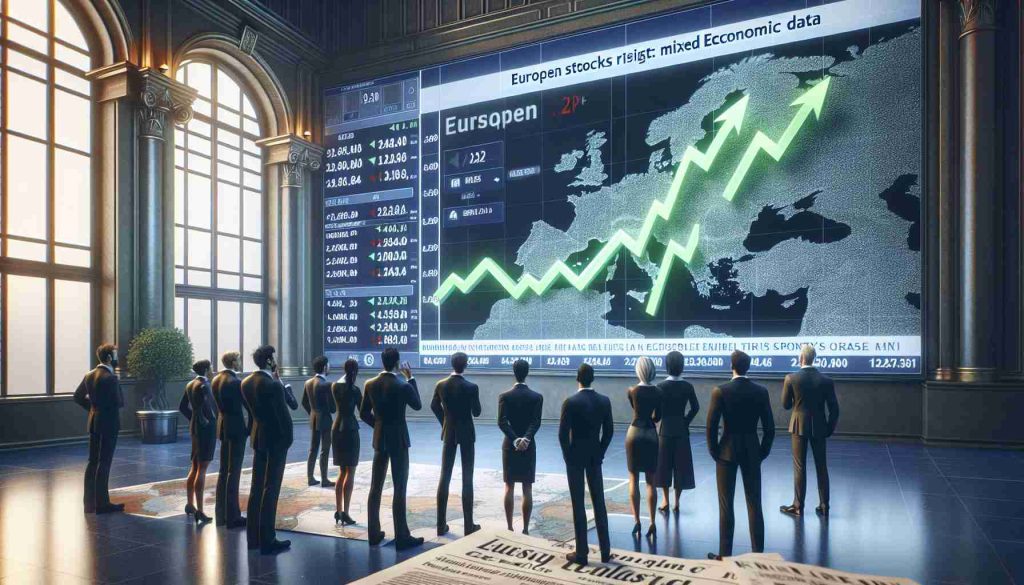The European stock markets opened positively on Friday, with gains seen in major indices. In Spain, the IBEX 35 started the day slightly down before rebounding, reaching 11,955.2 points.
Despite a slight decrease in Spain’s GDP growth rate in the second quarter, consumer spending remained strong, contributing to the overall economic expansion.
In September, the country experienced a decrease in the Consumer Price Index (CPI), signaling lower inflation rates. This was attributed to various factors affecting the economy both domestically and globally.
Stocks such as Puig Brands, Cellnex, and Fluidra witnessed notable gains, while others like Banco Sabadell and Solaria faced declines due to various market factors.
Across Europe, major exchanges in Milan, Frankfurt, Paris, and London also saw positive gains, reflecting a broader sentiment of optimism in the region’s markets.
Meanwhile, the prices of Brent and Texas crude oil rose slightly, indicating a potential shift in the energy market. Currency markets also saw fluctuations, with the euro trading at 1.1143 against the dollar.
Despite mixed economic data, investors are cautiously optimistic about the market’s performance, keeping a close eye on developments both regionally and globally.
European Stocks Continue to Surge Despite Economic Uncertainties
European stock markets extended their gains earlier today, showcasing resilience in the face of mixed economic indicators. Despite ongoing uncertainties, investors remain cautiously optimistic about the region’s market performance.
In a surprising turn of events, Spain’s IBEX 35 index surged to new heights, surpassing the 12,000-point mark for the first time in five years. This remarkable achievement has raised questions about the underlying strength of Spain’s economy and the potential for sustained growth in the region.
Key Questions:
1. What factors are driving the upward momentum in European stock markets despite mixed economic data?
2. How are investors navigating the uncertainties surrounding inflation, consumer spending, and GDP growth rates?
3. What role do geopolitical events and global economic trends play in shaping European market sentiments?
Answers and Insights:
1. It appears that robust consumer spending and resilient corporate performances have provided a solid foundation for the recent stock market surge, offsetting concerns about economic slowdowns.
2. Investors are carefully monitoring central bank policies, government stimulus measures, and corporate earnings reports to assess the trajectory of the market amid varying economic signals.
3. Geopolitical tensions, trade disputes, and changing energy market dynamics are contributing to the complexity of investment decisions in European stocks.
Challenges and Controversies:
While the current market rally is a positive sign for investors, challenges such as inflationary pressures, supply chain disruptions, and policy uncertainties loom large. Controversies surrounding government intervention, sustainability practices, and market valuations also add layers of complexity to the investment landscape.
Advantages and Disadvantages:
The advantage of the current market scenario is the resilience shown by European stocks, highlighting opportunities for growth and profitability. However, the disadvantage lies in the lingering uncertainties that could pose risks to investors and market stability in the future.
For further insights on European stock markets and global economic trends, visit Investing.










More Stories
Game-Changer in Delivery! Glovo’s Bold Move Stuns Spain!
Maximizing Returns Beyond Treasury Bonds
Exploring the Rising Trends in European Banking